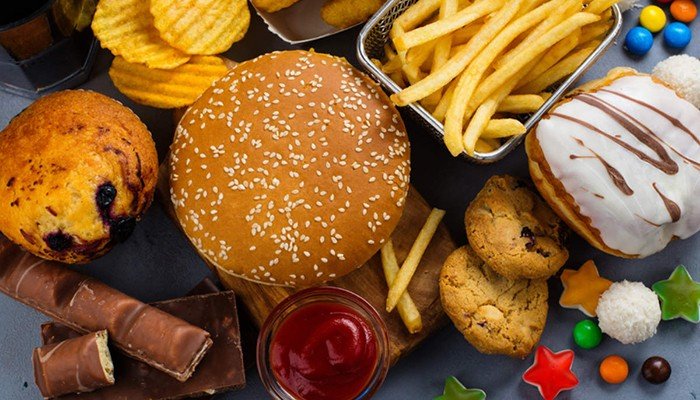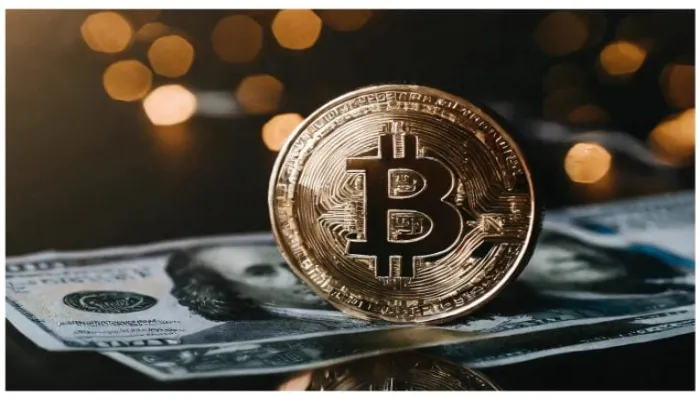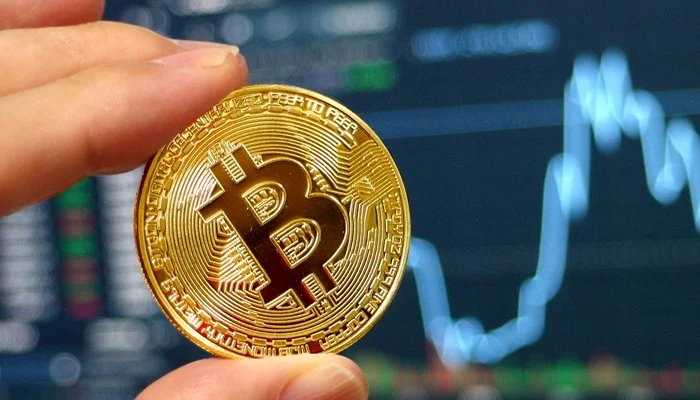A study projected that a prohibition on junk food advertising by Transport for London contributed to a 1,000 calorie decrease in unhealthy purchases in people’s weekly shopping.
Chocolate and confectionery had the greatest impact, with an almost 20% decrease, or 317.9 calories, in average weekly family purchases of energy from these products.
The reduction amounts to around 385 calories per person per week, which is similar to each Londoner in the study purchasing approximately 1.5 fewer standard-size bars of milk chocolate per week.
Between June 2018 and December 2019, researchers led by the London School of Hygiene & Tropical Medicine (LSHTM) analysed over two million weekly supermarket purchases of products high in fat, salt, and sugar (HFSS) by households in London and the north of England.
Researchers discovered that the policy was related with a 1,001 calorie (6.7 percent) decrease in average weekly family purchases of energy from HFSS products as compared to what would have happened if the policy had not been implemented.
“Many governments and local authorities are exploring advertising limits to curb consumption of HFSS products as part of obesity prevention programmes,” said Dr Amy Yau of LSHTM.
“However, evidence of the effectiveness of such policies, especially away from broadcast media, is scarce.
“Our study helps to plug that knowledge gap, showing TfL’s policy is a potential destination for decision-makers aiming to reduce diet-related disease more widely.”
The researchers also discovered some weak evidence that the prohibition had a greater impact in homes with obese members.
TfL’s ban on advertising HFSS items, which went into effect in 2019, applies to the subway, overground, buses, Docklands Light Railway, taxis, and some roadside advertising locations such as roundabouts and bus stops.
“I am thrilled to see the good impact these trailblazing measures have had, leading to a real reduction in the amount of junk food purchased,” stated London Mayor Sadiq Khan.
“We’re thrilled to see that TfL’s better food advertising policy is working as intended and is helping to stem the flood of junk food advertising that continuously nudges us towards less nutritious options,” said Barbara Crowther, coordinator of the Children’s Food Campaign.
Britain has one of the highest obesity rates in Europe, with two out of every three adults being overweight or obese, and the NHS spending £6 billion every year on obesity-related illness.
The government announced plans in December to implement a 9 p.m. TV watershed, a ban on paid internet advertising for unhealthy food and drink, and new limitations on the marketing of unhealthy food and drink in retail stores and online.
However, a report commissioned by the government’s own obesity research centre warns that unless much broader action is taken promptly to reform the overall food environment, these initiatives will fail.
We have a small favour to request. Every day, millions of people look to the Guardian for open, independent, and high-quality news, and readers in 180 countries around the world now financially support us.
We think that everyone has the right to knowledge based on science and truth, as well as analysis based on authority and honesty. That’s why we made a different decision: to keep our reporting accessible to all readers, regardless of where they reside or how much they can afford to pay. More people will be better informed, united, and inspired to take meaningful action as a result of this.
A truth-seeking global news organisation like the Guardian is critical in these frightening times. We have no shareholders or wealthy owners, which means our journalism is free of commercial and political influence — this is what distinguishes us. Our independence empowers us to fearlessly investigate, confront, and expose those in power at a time when it has never been more necessary.




















